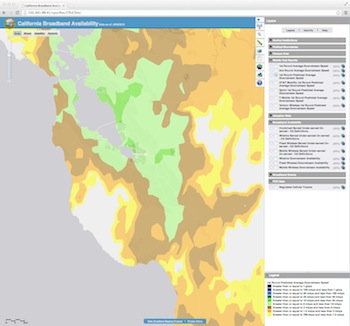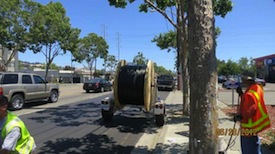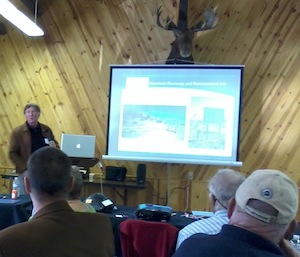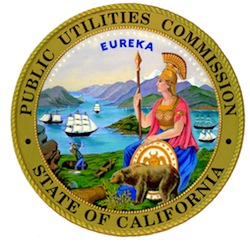Collateral damage could kill hotspots
broadband, community networks, copyright, public policy, six strikes, verizon, WiFi
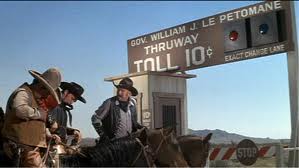
Toll barrier coming down on free range WiFi.
Free public WiFi access might be an unintended casualty of the imminent onslaught of the Copyright Alert System, otherwise known as the Six Strikes rule. I say “might” because I’m not completely sure that the damage will be unintentional. There’s no doubt there will be damage.
This joint effort by major U.S. ISPs and the recording and movie industry associations is a monitoring program that watches Internet traffic for illegal downloading activity.… More

